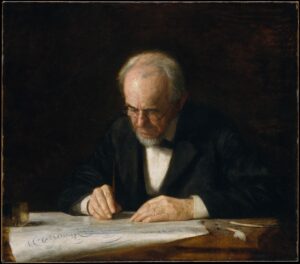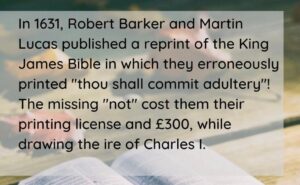The Good Editor
Editing is like walking across a room strewn with rose petals and thorns. When you can walk across mostly unbloodied, you’re finished.
– Richard Due
American children’s writer Richard Due couldn’t have said it better!
Editing is one of the most essential tools to honing a written piece. Everyone—even writers, academics, and journalists—makes mistakes while writing. We are human, after all. Our ideas may be incredible and original and hilarious, but it won’t really matter if our execution is awkward. We might misspell a word here and there; we might not add the correct punctuation mark at the correct place; or our grammar might be all over the place.
Anybody can make mistakes, and while most minor mistakes are easily forgivable, a vigilant reader is often not very forgiving; for the especially sharp readers, errors in the text can be downright irksome!
This is why an editor is absolutely essential to the writing process.
But what does an editor do?
An editor is responsible for correcting a text by bringing clarity, organising ideas, ensuring coherence, and making other modifications to help the author convey their message in a consistent and accurate way.
Picture this: You finally write your greatest collection of poems yet. Five perfect epics that capture exactly what you have in mind, using words that you chose with the utmost care. Proud of your handiwork, you decide to send it to an editor to ensure there are no spelling errors that you may have missed and to get another person’s opinion on your words and ideas.
When the editor returns it to you, you find out that not only have they overlooked errors, they have also suggested words and phrases that completely derail your ideas and destroy the image you had in your mind.
This can often happen when you make a poor choice picking an editor for your work. Poor editing can also be quite costly. Just ask these seventeenth-century publishers.
£300 in 1631 is worth nearly £63,000 today. Of course, for a fair number of people, that amount may not be much, but to me, that looks like quite a lot of money!
In fact, for those of you who think this amount isn’t that high after all, I’ll do you one better: Back in 1988, the Yellow Pages listed a travel agency as specialising in “erotic” instead of “exotic” destinations and was promptly sued for $10 million!
So, what makes a good editor?
Think of a writer as an architect, designing their work using words, figures of speech, and punctuation as building blocks, creating a space that the reader will occupy.
However, before the space is ready to be lived in, it will need to be checked to make sure that everything works. The architect will want the walls to be airtight, the ceilings to let in the sun but not the rain, and to ensure that the paint is spread evenly and does not crack or peel. And so, the architect hires an engineer, who can tell them if it will all work.
A good editor is essentially an engineer, who will ensure that your text is structurally sound and does not have any weak spots compromising it.
A good editor will understand and respect the writer’s vision and improve the work without changing the central ideas and messages. After all, language is the building block of civilisation, and to guarantee the smooth exchange of communication, good editors are necessary—essential even!
One of the things about Annote, we have been told, is that we understand exactly what the writer needs, moulding our approach to the authorial voice. Rest assured, at Annote, we have the best editors, ready to provide the highest quality English language editing services across five categories: academic editing, business editing, literary editing, web content editing, and application editing.
So, what are you waiting for? Place an order with us!

